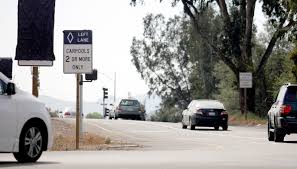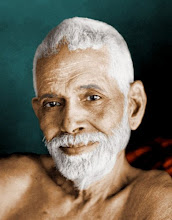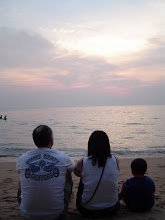Yesterday, I examined my moral outrage against or, at least, disapproval of drivers who illegally misuse carpool lanes while the rest of us don't. Today, I want to address another, stronger example of moral outrage or, at least, of disapproval on my part.
One of my Facebook friends published the following post: "I suppose you have the freedom to burn the American flag but don't be surprised if most Americans think you're an idiotic, disrespectful, sophomoric, coward."
If you've read much of this blog, which I realize you probably haven't, you can well imagine that I didn't agree with my "friend's" sentiments. This is how I responded:
Perhaps some who burn the flag wouldn't lift a finger to aggress against nations we have no business invading and destroying but would lay down their lives to defend you or this country against attack. Maybe one reason they burn the flag is that they're contemptuous of our government habitually sending young soldiers into harm's way to wreak devastation and death in situations that don't warrant it but which do aggrandize the "military-industrial complex" and garner misguided support for politicians who push for it. I may not like it when people burn the flag, but when we get upset when people do it, we need to understand that we're just upsetting ourselves and giving other people power over our emotions that they don't need to have.Now that was pretty tame considering what I was feeling at the time and in keeping with my message of empathy and tolerance. But then I read the following comment in that same thread: "Anyone who burns the flag hates the country and should be punished or deported," and I responded this way:
Moreover, instead of reflexively condemning and pejoratively labeling people who burn the flag, maybe we should remain clear-headed and try through dialogue and probing reflection to understand why they do it. We might then be able to empathize whether or not we continue to disagree with their actions.
Not everyone who burns the flag necessarily hates the country. In fact, they may love the country so much that their burning the flag is their frustrated and angry protest against what they perceive not as a symbol of the country as a whole but of its excessive meddling and military misadventures abroad and its callous neglect of serious problems and suffering here at home and of mindlessly "patriotic" spoutings like we see here in this thread.
I would never burn our flag in protest, but I can empathize with why some do, and I would never be so foolishly presumptuous as to accuse them all of hating this country. In fact, I suspect that some of them genuinely love this country far more than do their pseudo-patriotic and insufferably self-righteous accusers, especially if those accusers voted for the dismal likes of Donald Trump.
Voting for Trump is arguably an act prodigiously worse than the protest burnings of a thousand American flags, because it could do vastly more harm to this country than those burned flags ever could.
For example, Trump has chosen an ideological fanatic to be Health Secretary who reportedly wants to dismantle Obamacare and Medicare as we know them and replace them with disastrously privatized systems that could leave untold millions of our most vulnerable citizens without adequate health care and/or hopelessly impoverished.
Why aren't you railing against THAT instead of against harmless flag-burners, you pathetically posturing fools?!This was undeniably and blatantly less empathetic and tolerant, a fact not lost on me even as I was posting it.
So why did I post such a clearly hypocritical put down of people in that thread? Did I do it out of uncontrollable anger or hatred? Not really. I don't think. The fact is, I didn't feel all that angry at the time, and I don't hate, at least not consciously, the woman who posted or those who agreed with the comment I attacked. So why did I say what I did?
I think there are times when I'm just in one of those moods when I want to vent, as provocatively as possible, frustration and resentment. I'm frustrated that people are so simple-minded in their so-called "patriotism," and I'm especially frustrated and resentful that many of these same people undoubtedly voted for Donald J. Trump to be our next president. So, even if it meant contradicting my own previous advice and making myself look like a first-class hypocrite, I just had to let 'er rip. And so I did.
Having said that, I believe that what I wrote in both comments was true. Except, perhaps, for the last line in my second comment. My jury's still out on that one.
I think there are times when I'm just in one of those moods when I want to vent, as provocatively as possible, frustration and resentment. I'm frustrated that people are so simple-minded in their so-called "patriotism," and I'm especially frustrated and resentful that many of these same people undoubtedly voted for Donald J. Trump to be our next president. So, even if it meant contradicting my own previous advice and making myself look like a first-class hypocrite, I just had to let 'er rip. And so I did.
Having said that, I believe that what I wrote in both comments was true. Except, perhaps, for the last line in my second comment. My jury's still out on that one.









